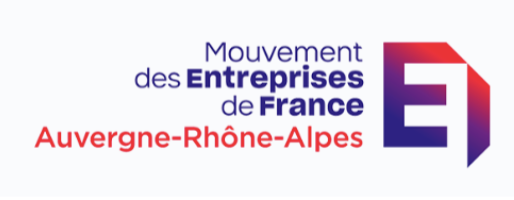
DigAge+
Digital Upskilling of the Existing Ageing Workforce
Background:
It was on Sep 13th of 2016 when the EU Parliament voted in Strasbourg the Resolution 2016/2017 on creating labor market conditions favorable for work-life balance, fostering quality employment, and supporting smart working as an approach to organising work. Since then, the incidence of flexible workers, ‘teleworking tsunami’ has been growing, varying substantially in the EU28 (June 2020): Belgium (66%), Slovenia (33%), France (55%), Poland (38%) and Sweden (46%)
Several laws have been issued on national levels, but there is no doubt that digital distance working has never been such a hot topic worldwide as nowadays, since the pandemic of coronavirus has led to its largest mass exercise, with significant impacts on the employability and work-life-stress balance agenda. The group of workers particularly touched by this unexpected change are senior adults (aged 50+), a treasured source of talent for organisations and companies across the globe. During decades of their professional occupation, they groomed important professional experience, skills, and values (loyalty, reliability, commitment, high standards of relations and a strong work ethic) contributing to the success and development of their companies.
Since COVID-19 has accelerated the digital shift, some aged workers with less sufficient digital skills experience longer working hours and negative effects on their health and well-being. Some of them not having access before to appropriate training opportunities to improve their digital capacity and understanding were left behind on the wrong side of the digital divide. Therefore, the pandemic-related and simultaneously ongoing global digital transition is for them a stressful change perceived often as a risk to their professional development and employability. Afraid of losing their jobs 10-15 years before retirement, they are afraid to request necessary training from employers. This makes them vulnerable as they are not only falling out of touch with a new professional world but also put their professional future and employability at risk. Even though it is more economical and effectual to train current 50+ employees for the new skills prerequisite for digital transformation and distance working than obtaining new employees necessitating more resource and money to train and acquire other skills conditioning their future professional performance, numerous companies prefer to hire young employees, fully equipped in digital competences.
Objective
In light of the background we’ve described above, we’ve applied to initiate an Erasmus+ funded project DigAGe+ : DIGITAL UPSKILLING OF THE EXISTING AGEING WORKFORCE. This project is aimed to give people (senior adults) opportunities to learn at any stage in life and targets both skilled professionals as well as less-experienced workers, including those looking for a professional change and novel job opportunities.
Furthermore, the project is aimed to enhance:
- digital skills by developing a flexible ICT-based learning environment and by providing specific training on digital skills necessary to improve professional performance as dealt with by the EU DigComp Framework, such as communication and collaboration, safety, and problem-solving skills.
- entrepreneurial skills, including creativity, critical thinking and problem solving, by taking advantage of the EU EntreComp Framework and providing specific training contents and resources.
- skills and competences needed to promote sustainable development and sustainable, inclusive, and equal working approaches, to meet UN SDGS 4, 5 and 8 (Agenda 2030, 2015), and personal, social, and learning to learn competence (EU Council, 2018).
Result
A virtual platform as a comprehensive model dedicated to both the ageing workforce and their employers. It will come out with an assessment tool useful for monitoring results and impacts of the proposed training on both direct target groups and indirect target groups (employers, managers, other workers, and staff members), including impacts produced on MSMEs, with recorded encouraging effects on their digital transition.
1: Eurofound and the International Labour Office (2019), Working anytime, anywhere: The effects on the world of work, Publications Office of the European Union, Luxembourg, and the International Labour Office, Geneva.
Partners:







